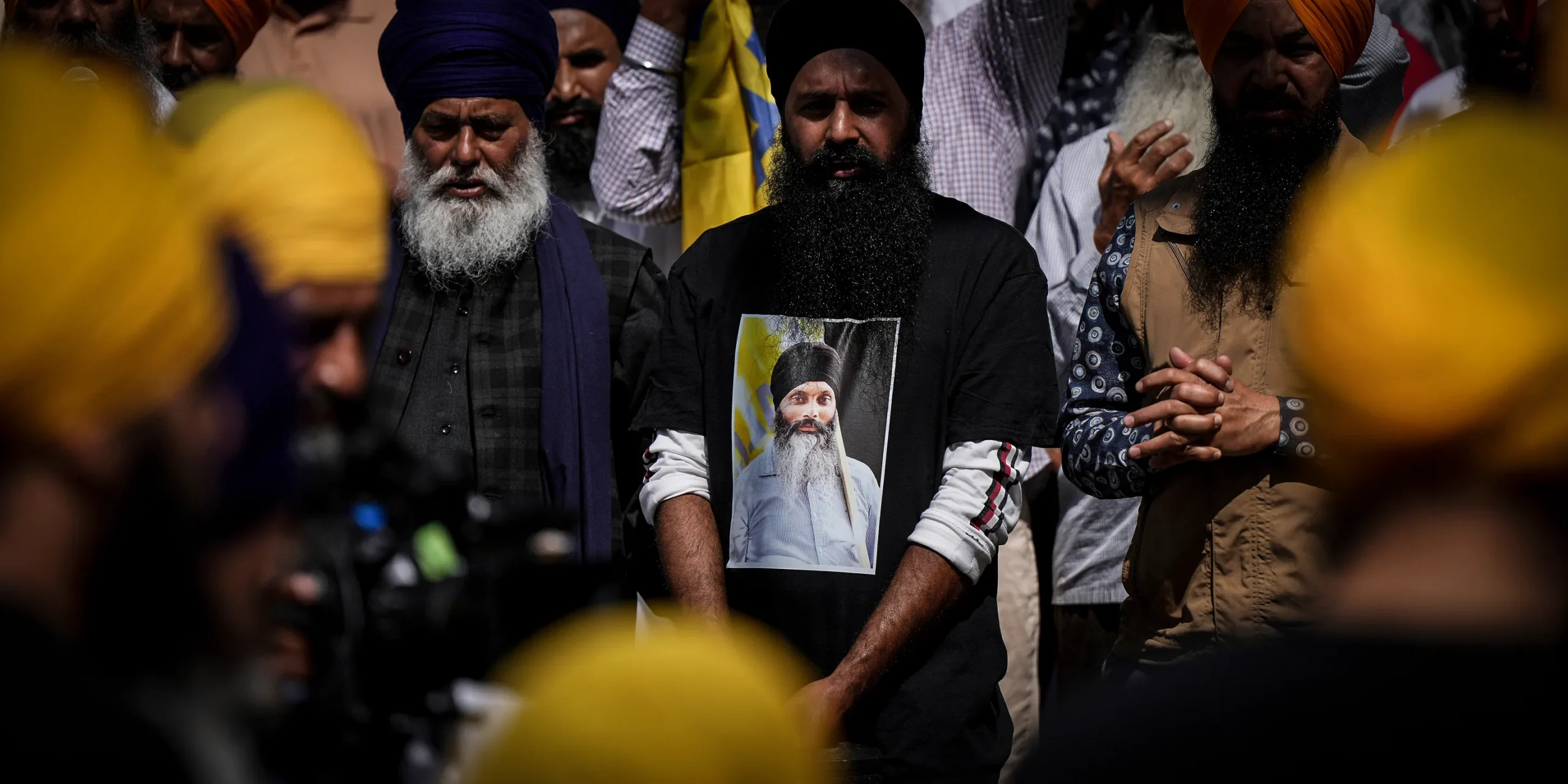NEW YORK, USA – The United Nations Relief and Works Agency has called on the parties to declare an immediate temporary ceasefire in northern Gaza to address the deteriorating humanitarian crisis in the area as Hamas battles Israel, killing dozens of civilians and increasing the call of aid agencies.
A Plea for Humanitarian Relief
This follows increased hostilities in northern Gaza forcing thousands to flee their homes. This is according to Philippe Lazzarini, the Commissioner-General of UNRWA, who said a lull is required to allow humanitarian assistance to enter and evacuate the wounded.
“Civilians are paying the highest price in this conflict,” said Lazzarini. “We urgently need a humanitarian corridor to ensure the delivery of life-saving aid and to protect innocent lives.” UNRWA estimates that more than 600,000 residents are trapped in northern Gaza, with limited access to basic necessities and healthcare.
Escalation in Hostilities and International Reactions
Presently, international outcry has been raised due to the recent resurgence of the Israeli conflict with Hamas, which began again in the recent weeks. Israeli airstrikes on northern Gaza have attacked what Israel describes as military structures and command centers for Hamas, but civilians are faring the brunt of the weapons. Casualties in reports include women, children, and even some medical personnel to add to the humanitarian cost.
The ceasefire has been outright rejected by Israel’s government, which continues to pursue its military operations to dismantle Hamas’ capabilities. Prime Minister Benjamin Netanyahu explained that “any temporary pause would only serve to strengthen terrorist elements,” showing how unwilling Israel was to heed calls for a truce.
On its part, Hamas dismissed Gaza blockade and war crimes charges against Israel as it promised to escalate resistance campaigns. Hamas officials have termed UN’s appeal for a ceasefire as inadequate: “Any ceasefire must include the lifting of the blockade and recognition of Palestinian sovereignty.”.
Pressure on Global Leaders
The UN’s call has further squeezed world leaders to intervene diplomatically. The United States, Israel’s traditional strong ally, has backed the right of Israel to self-defense thus far but urged the country to minimize casualties on civilians. The Biden administration in the President Joe Biden’s White House has called for humanitarian “windows” to allow in the deliveries of aid, and it did not demand a formal ceasefire, however.
European leaders, French President Emmanuel Macron, and German Chancellor Olaf Scholz reflected the call for terms in humanitarian ceasefire while paying solidarity to Israel; however, there are increasingly mixed sentiments worldwide about an end to the war without a peaceful resolution of the crisis.
The Arab League and other countries like Turkey and Qatar called on Israel’s military actions to be disproportionate and demanded hostilities be brought immediately to an end. The conflict is also straining diplomatic relations between Israel and some of its recent regional partners, including the UAE and Bahrain, which are calling for de-escalation.
A Looming Humanitarian Catastrophe
UN agencies and NGOs are warning that unless there is an immediate truce, northern Gaza could face the full horrors of a humanitarian catastrophe. Already, hospitals find it challenging to operate with fast-dwindling supplies of medicines and life-supporting care put under increasing strain by power cuts. Clean water is already scarce, and sanitation infrastructure damaged by the Israeli bombardment may lead to disease outbreaks.
Further, the UN appealed for the protection of civilians under international humanitarian law, condemning both sides for the attacks upon civilian infrastructure. UN Secretary-General Antonio Guterres also reiterated that “all parties must respect their obligations under international law to avoid targeting civilians.”
A Fragile Path Toward Resolution
The call of the UN for a temporary ceasefire in northern Gaza is another reflection of the intricacies in finding a middle course between military compulsions and humanitarian necessities. With the flames of this conflict yet to die down, such diplomatic attempts are tenuous, and the international forces appear to be simply helpless to broach a short-term abatement in favor of the anguished citizens held hostages in this war zone.
It’s unclear whether the UN appeal will produce a serious ceasefire, but it’s unquestionable that something has to happen in the near term. The lives of thousands of Gaza civilians now depend on the ability of the international community to bring pressure to bear on both Israel and Hamas to achieve at least temporary humanitarian relief – and perhaps set the groundwork for a more lasting peace.
image source











